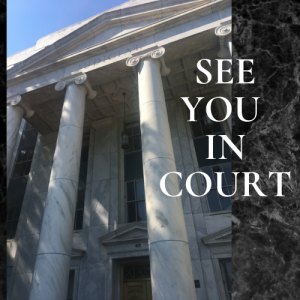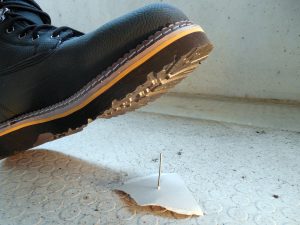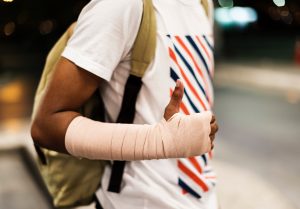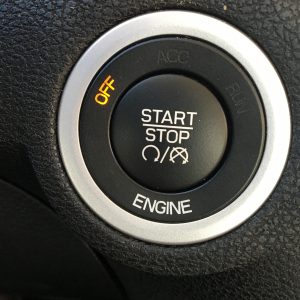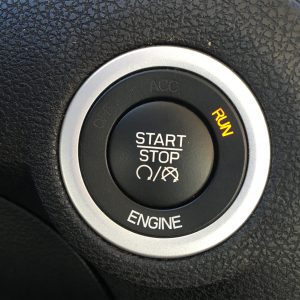
I have noticed during this Coronavirus Pandemic that there are more bicyclists and walkers out on our streets than usual. It seems everyone is trying to use the time they, otherwise, might be spending at their office, getting some much-needed exercise. Over the past two months, Over the past two months, bicycle sales saw their biggest spike in the U.S. since the oil crisis of the 1970s. Sales of adult leisure bikes tripled in April while overall U.S. bike sales, including children’s’ and electric-assist bicycles, doubled from the year before,bicycle sales saw their biggest spike in the U.S. since the oil crisis of the 1970s. Sales of adult leisure bikes tripled in April while overall U.S. bike sales, including children’s’ and electric-assist bicycles, doubled from the year before. Sales of commuter and fitness bikes in the same month increased 66 percent, leisure bikes jumped 121 percent, children’s bikes went up 59 percent and electric bikes rose 85 percent. By the end of April, many stores and distributors had sold out of low-end consumer bikes. Now, the United States is facing a severe bicycle shortage as global supply chains, disrupted by the coronavirus outbreak, scramble to meet the surge in demand.
Unfortunately, with so many extra pedestrians and bicyclists on the street come more injuries from being hit by a car or truck. This is especially true as walkers often walk in the streets themselves rather than the sidewalk to distance themselves from other walkers on the sidewalks. For bicyclists, many are hopping on bikes for the first time in years and may not be used to the traffic encountered on certain streets and the danger it brings. In New York City, for example, bicyling injuires were up 43% during the Coronvirus crisis. I have not seen similar government-maintained statistics for Georgia, although the Department of Highway Safety does still have online a manual for bicycle riders from 2006. You may find all of Georgia’s rules and ordinances regarding riding a bicycle on the Georgia Deparment of Highway Safety’s website, although it may be a little out of date.
I have represented numerous pedestrians and numerous cyclists in cases when they have been hit by a vehicle. Often, the driver of the vehicle does the right thing and stays with the cyclist and calls 911. But sometimes, the driver of the vehicle does the absolute wrong thing and leaves the scene and leaves the cyclist hurt and alone on the pavement. The vehicle driver who leaves the scene becomes a “John Doe,” identity unknown. Many injured pedestrians or cyclists may think there is nothing they can do to get justice in that situation, that the at-fault driver just gets away with it. But there is a little known method of recovery under the injured person’s uninsured motorist coverage, if the victim owns a car and it is insured with uninsured motorist coverage. That particular type of car insurance actually covers you as a pedestrian or cyclist if you are hit by an unknown vehicle, as long as there is some type of corroboration that it was, in fact, a vehicle that hit the person. Corroboration can be made by an eyewitness, physical evidence left at the scene, e.g., a car bumper torn off, damaged bike or possibly other evidence that you would expect to see in a vehicle v. bike collision. Unless you practice this kind of personal injury law, like I do, you would have no reason even to be aware that your car insurance policy might cover you as a pedestrian or cyclist. It is not clear from reading most policies, and you sure can’t count on your insurance agent informing you of it.

 Atlanta Injury Lawyer Blog
Atlanta Injury Lawyer Blog





